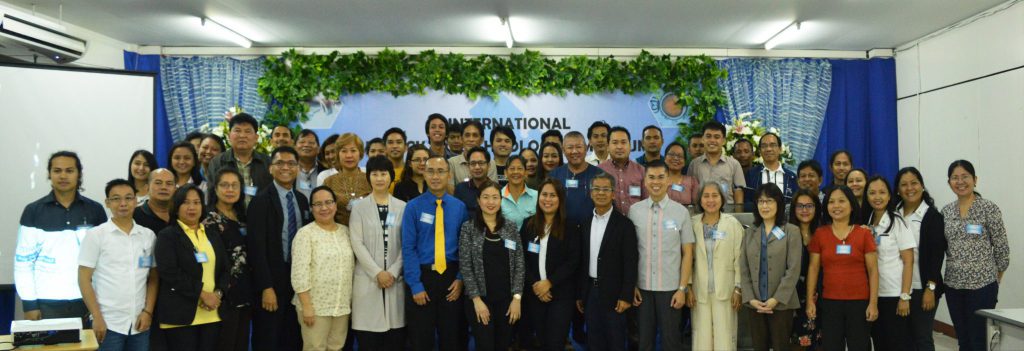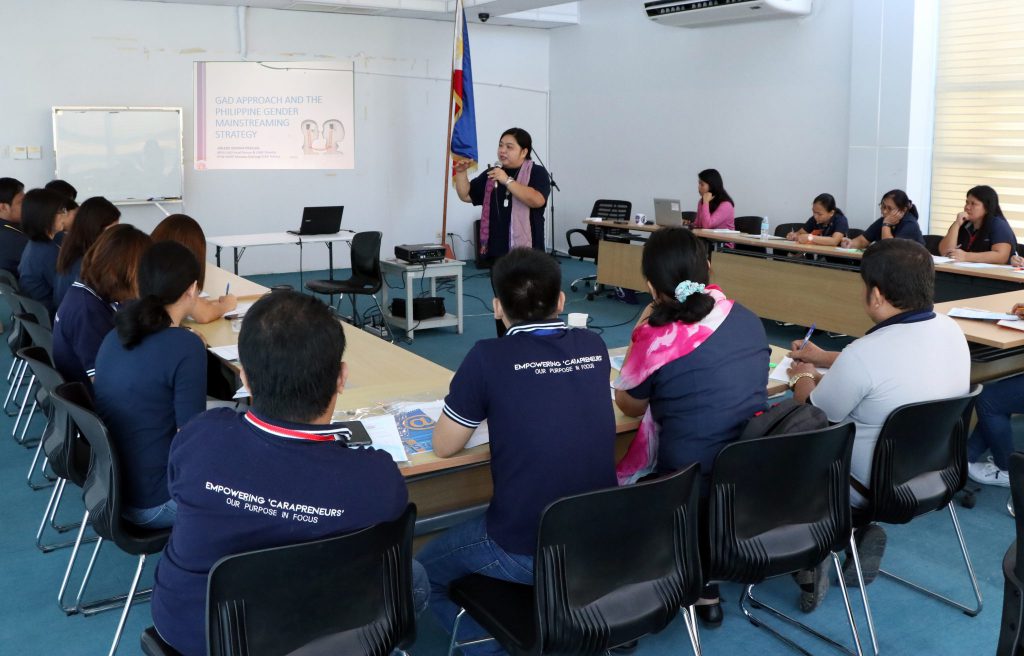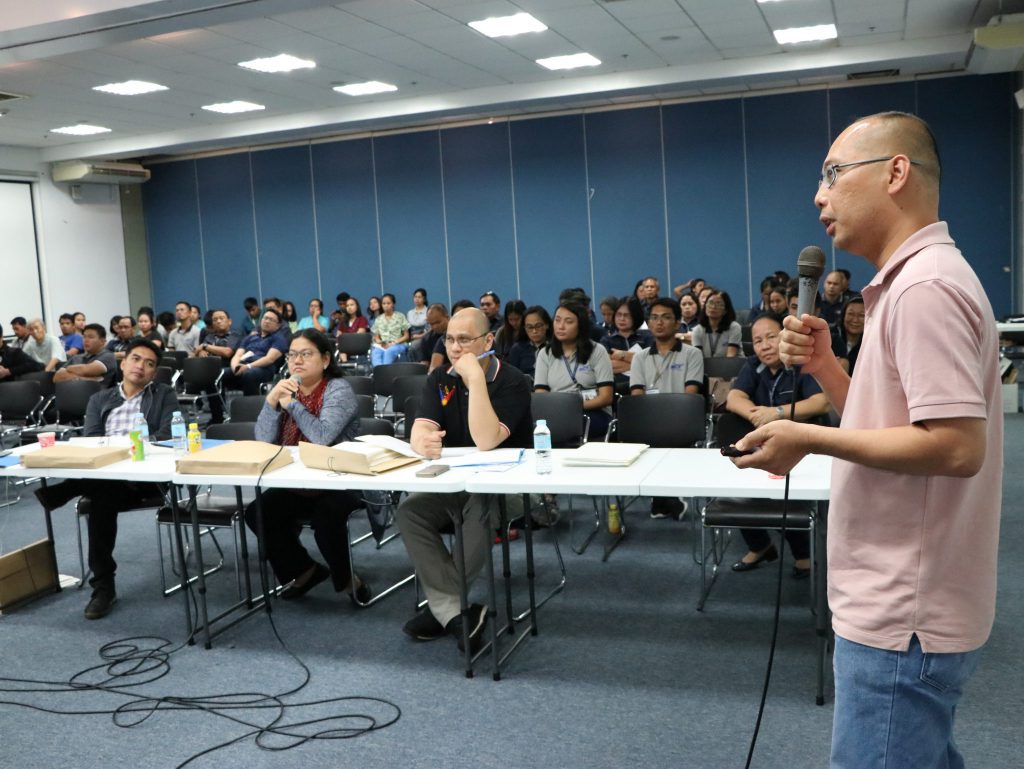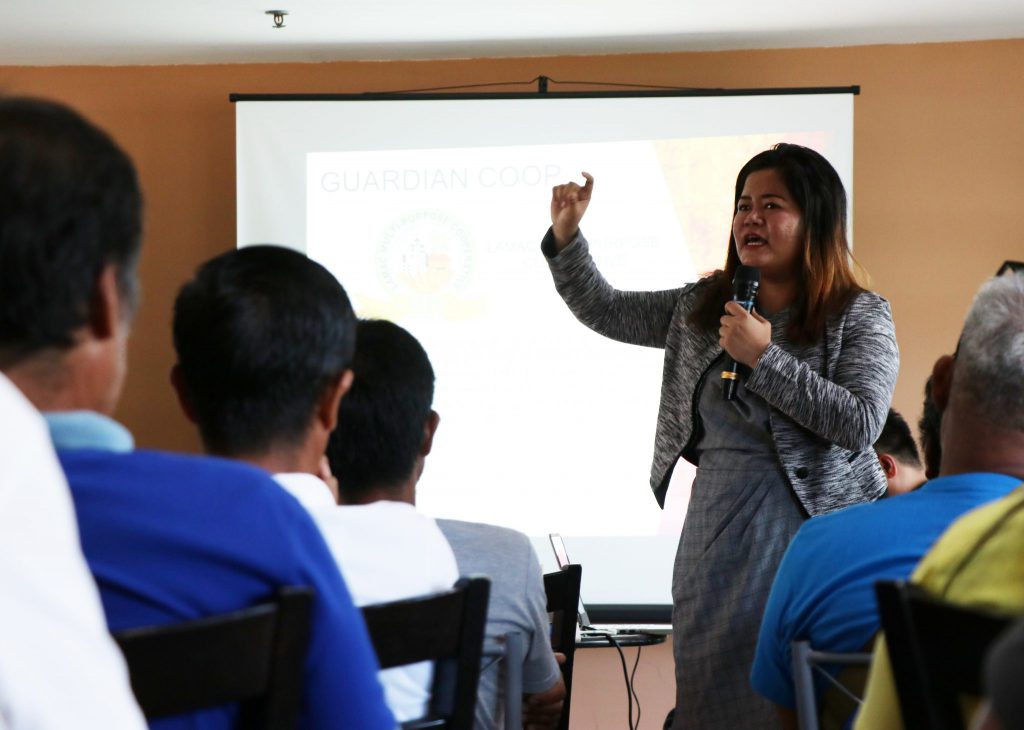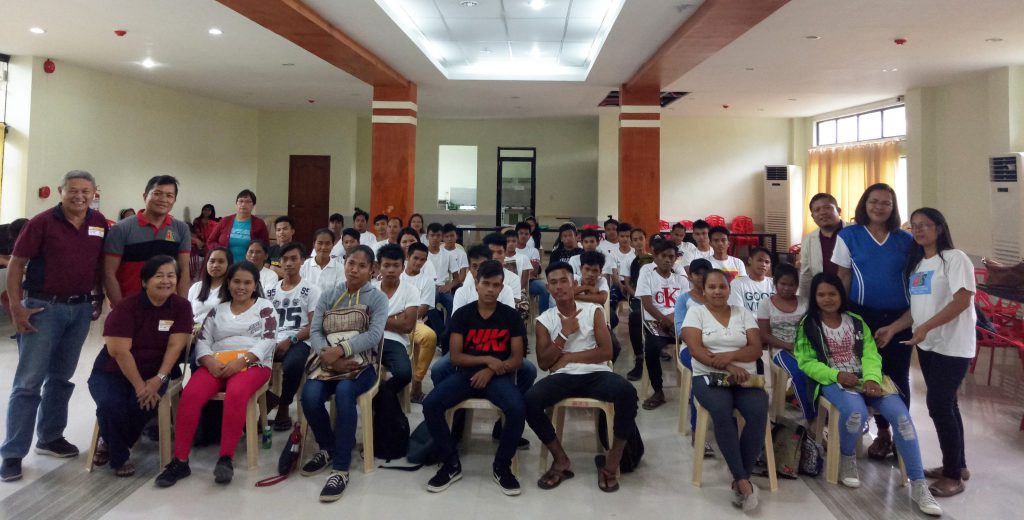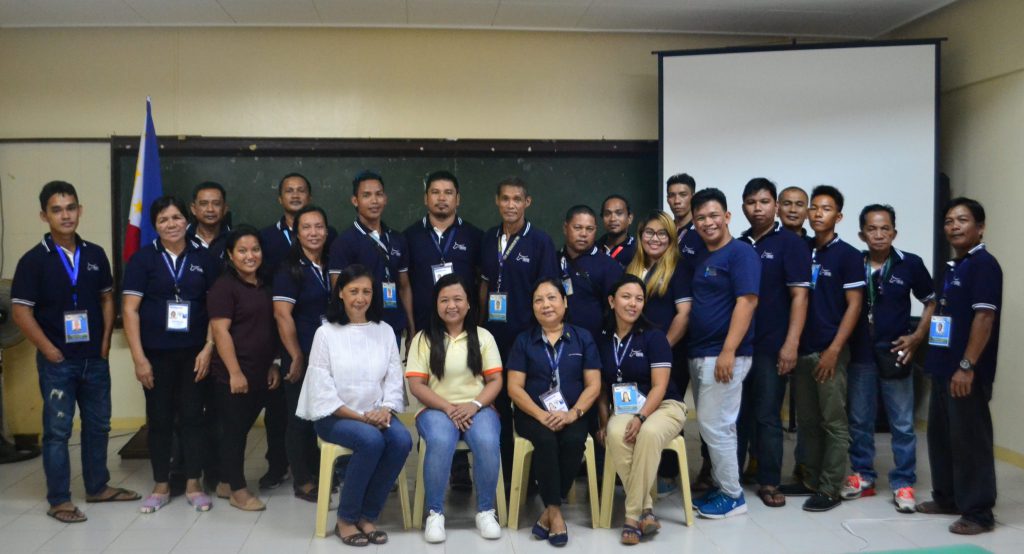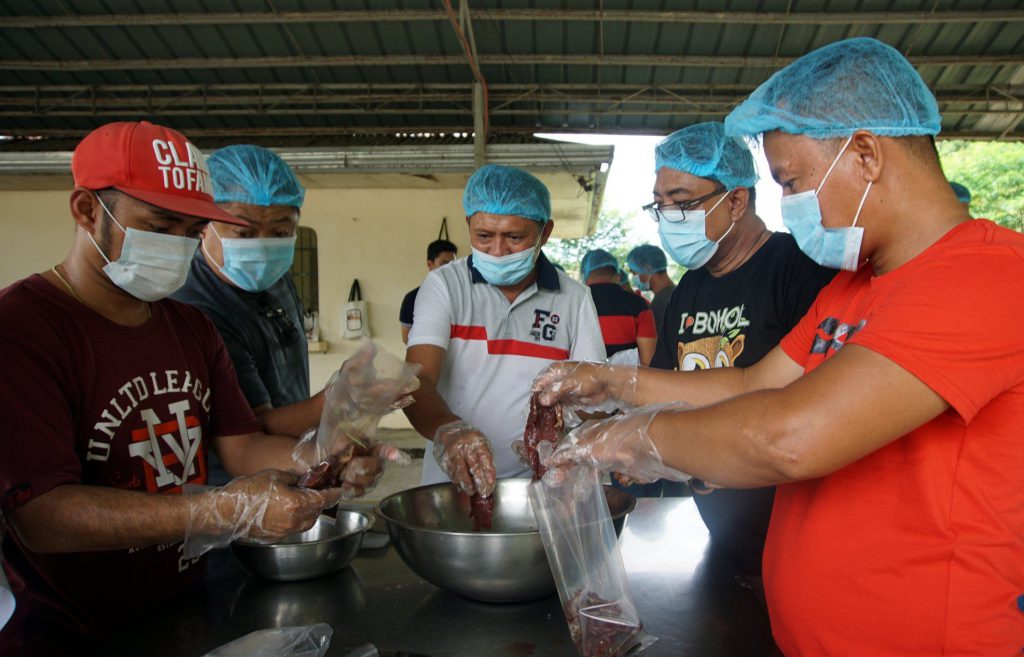About a hundred participants comprised of researchers, scientists, international experts, and other distinctive guests involved in livestock biotechnology attended the recently concluded 4th International Livestock Biotechnology Symposium. The event took place at the University of San Agustin, Iloilo City last July 15. It was organized and spearheaded by the Department of Agriculture-Livestock Biotechnology Center (DA-LBC) with the support of Philippine Carabao Center at West Visayas State University, University of San Agustin, and Department of Science and Technology – National Research Council of the Philippines Division XIII.
In keeping with the theme “Demand-driven Innovation for a Resilient Philippine Livestock Industry”, invited speakers from Japan, Thailand, USA and Philippines have presented their research findings and significant discoveries concerning challenges in livestock production, animal breeding, antimicrobial resistance, food-borne pathogens, and agricultural biotechnology program.
Dr. Claro Mingala, DA-LBC chief, said that the demand for Livestock resources is rapidly increasing at the global scale. This can be attributed to the growing population, urbanization, and economic development. He emphasized that research and development initiatives, and capacity building in these biotechnological approaches will contribute to the efforts in attaining food self-sufficiency and security in spite of escalating demand.
Ms. Marie Joy Christine Jumalon, project management officer of the Department of Agriculture’s Biotechnology Program, mentioned that they are providing scholarship program to 5 different universities (Central Luzon State University, University of Southern Mindanao, Visayas State University, University of the Philippines Visayas, and University of the Philippines Los Baños) and supported 64 scholars since 2014 in line with the need to have more scientists and researchers in the field of agri-biotech.
Symposiasts were given time to ask questions to the presenters during the open forum. One issue was raised for Dr. Yoko Kato of Kindai University about the perception of the consumers on the consumption of cloned animals. She stated that the public are still having a negative insight about biotechnological products, which can be attributed to insufficient information to the society. She expressed that the people should be informed properly on the use and benefits of genetically modified products.
The last part of the event was dedicated to the media for the press conference and one question was asked for Dr. Arnel Del Barrio, executive director of Philippine Carabao Center (PCC). The query was about the influence of PCC in the Philippines and how is biotechnology is interconnected with PCC. Dr. Del Barrio discussed that PCC has a total of 12 centers distributed around the country and that there are more than a thousand of experts performing artificial insemination and crossbreeding intended for better and greater livestock production.
Overall, the symposium was an opportunity for all of the attendees to discuss and understand the issues and possibilities that our community can achieve through research and development with regards to safe and sufficient production of livestock which is beneficial on promoting a resilient, productive and globally competitive livestock industry.

